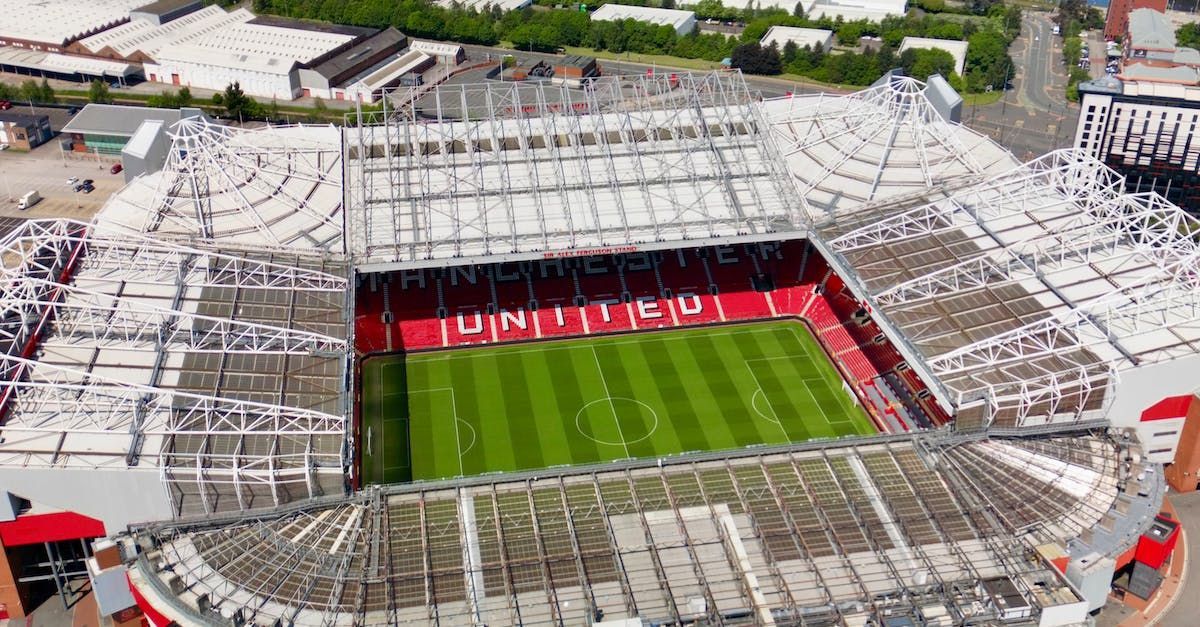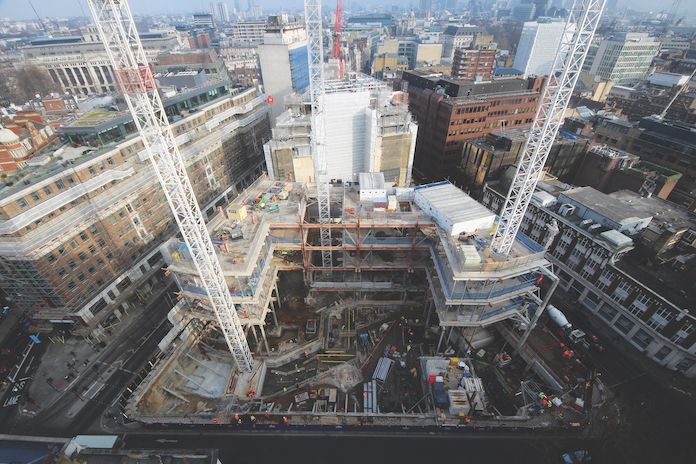Could plans to redevelop Old Trafford make Manchester the football city of Europe?
The Theatre of Dreams?

A massive regeneration project, based around the Old Trafford stadium, home of Manchester United F.C. is currently being planned by the club’s owners. The decision to either refurbish or completely rebuild the iconic ground will be made later this year. Manchester United co-owner Jim Ratcliffe said “the north-west of England has a greater concentration of football clubs than anywhere else in the world, yet we don’t have a stadium on the scale of Wembley, the Nou Camp or Bernabéu.”
A national stadium for the north
The football club announced that it has plans to become “a national stadium for the north.” Manchester Mayor Andy Burnham said the plans could be “the biggest regeneration scheme in the country” and that “thousands of jobs could be brought to Greater Manchester, with the stadium at the heart of it.”
Refurb or rebuild?
If Manchester United go for a refurbishment of the existing stadium, they will need to solve the major problem of where to play home games whilst the works are taking place. Barcelona fans have been attending home matches in the city’s vast Olympic stadium whilst work is carried out to upgrade and enlarge its ground Camp Nou, set to be the largest in Europe on it’s completion.
However, United have limited options in Manchester, since arch-rivals Manchester City’s ground, the Etihad, is not big enough, with a capacity of a mere 53 thousand compared to Old Trafford’s 74 thousand capacity, plus the red and blue tribes really don’t mix. Currently the second largest football stadium in the UK, after Wembley, and ranked 12th biggest in Europe, it’s come a long way since the club’s origins in 1878 when it was first formed as Newton Heath LYR by workers from the Lancashire and Yorkshire Railway.
If the club decide to rebuild, on land owned by them, next to the existing stadium, it might be the best option in order to deliver a state of the art, 21st century stadium that could make Manchester the football city of Europe, if not the world.
Building stadiums- what can go wrong?
In construction projects, failure to complete on time and budget overspend are the biggest problems. Stadiums are one-off, bespoke design projects that cost hundreds of millions of pounds and are notorious for going wildly over budget. Wembley Stadium, built by Australian firm Multiplex, opened several years late and cost £798 million in 2007, amidst much critical speculation.
Yet Wembley, with its soaring arch and partially retractable roof structures, is now considered a symbol of national pride. Its unique roof design allows sunlight and rainfall onto the pitch to aid growth, whilst protecting most spectators from the weather. The England team were forced to play international matches at club grounds around the country, yet it was a stadium worth waiting for and has the second largest capacity in Europe (after Barcelona).
Tottenham Hotspur’s £1.2 billion stadium in 2019 also exceeded its budget, but is an innovative and world first stadium, due to its retractable pitch. With over 60 food and drink outlets, the multi-use stadium can now host a variety of events: boxing, rugby and music concerts, creating recurring sources of revenue for the club, outside football. Could Old Trafford aspire to achieve world beating glory once more, with its new stadium plans?
If you need construction project advice, call us at Veritas Surveying Manchester.
We are proud to provide high quality, flexible and efficient service in construction disputes, construction claims and more.




